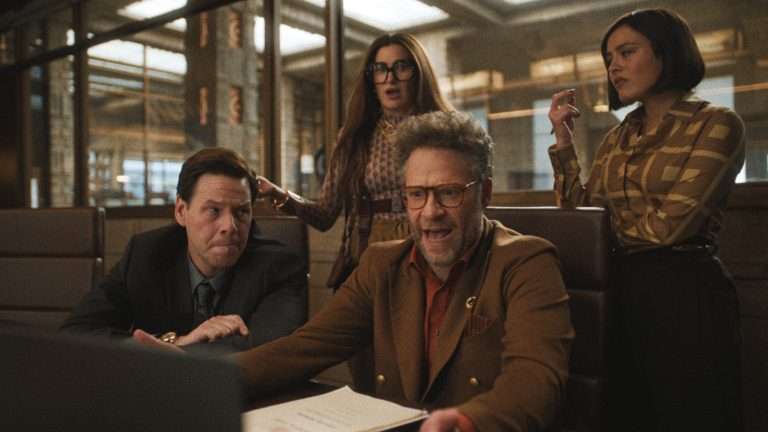Seth MacFarlane, the creative force behind iconic shows like Family Guy and The Orville, has recently spoken out about the state of television today — and spoiler alert: he’s not thrilled. If you feel like most new shows lean way too dark and bleak, you’re not alone. Here’s the straight talk from MacFarlane on why he thinks TV needs a big reboot toward optimism and hope.
Seth MacFarlane on Modern TV Shows: Why So Much Pessimism?
In a candid podcast interview, MacFarlane laid it all bare. He described modern TV as overwhelmingly “pessimistic” and “dystopian,” with an overdose of antiheroes, bleak settings, and grim narratives. It’s a far cry from the hopeful, inspiring stories of classic sci-fi and television heroes. For MacFarlane, that kind of storytelling does more harm than good:
“The content we are producing is overwhelmingly dystopian and cynical… We aren’t presenting any images that inspire hope.”
He contrasted today’s popular shows like The Handmaid’s Tale — dark, cautionary tales — with the optimism of shows he grew up loving like Star Trek: The Next Generation. MacFarlane believes Hollywood has lost sight of balanced storytelling, focusing too much on “what will happen if you mess up” and neglecting narratives about success and positive change.
In his words, Hollywood’s obsession with antiheroes has taken over the landscape since The Sopranos, and it’s time for stories that inspire instead of depress. For MacFarlane, telling stories that offer hope is “the only meaningful contribution Hollywood can make,” especially since the public is tuning out celebrity opinions and is much more interested in how stories make them feel.
What Seth MacFarlane Is Doing About It (And What He Hopes For)
MacFarlane created The Orville as a direct response to this bleakness — a show infused with optimism, humor, and the spirit of classic sci-fi adventure. Though uncertain about the future of its next season, he remains hopeful about bringing more uplifting content into the fold.
He acknowledges there are plenty of reasons to be cautious about the world, but argues the TV industry should balance those realities with hope:
“We also require narratives that say, ‘Here’s what you can accomplish if you change your approach and do things correctly.’”
At a time when much of TV drama leans into darkness, Seth MacFarlane is urging Hollywood to lighten up — not ignore hardship, but show the possibility of a better future.
Quick Facts About MacFarlane’s TV Views:
-
MacFarlane criticizes the dominance of dystopian, cynical narratives in Hollywood today.
-
He misses the optimistic tone of classic series like Star Trek that inspired hope.
-
Believes Hollywood’s focus on antiheroes depresses rather than uplifts audiences.
-
Created The Orville to bring back hopeful storytelling with humor and heart.
-
Thinks storytelling’s true power is to inspire change and encourage positive action.
Seth MacFarlane’s recent comments are a reminder that TV shows shape how we see the world — and right now, he thinks we need a lot more hope and a lot less gloom. Whether you agree or not, his call for stories that uplift, inspire, and entertain has started a much-needed conversation about the future of television storytelling.





